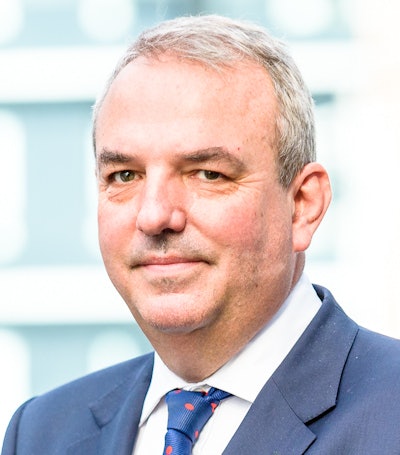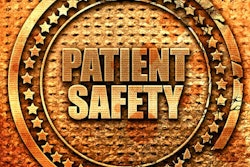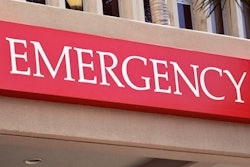
A government-funded, independent U.K. healthcare agency has published detailed recommendations about how to improve the handling of serious unexpected findings on patient scans by hospital staff. The Royal College of Radiologists (RCR) has endorsed the report.
The Healthcare Safety Investigation Branch (HSIB) conducted a comprehensive investigation that aimed to shine a light on the issues around patient follow-up and alerts within the National Health Service (NHS) in England. The agency has now told the RCR, NHS leaders, and the Care Quality Commission (CQC) they must act to ensure unexpected scan findings are flagged and followed up to national standards. The report, called "Failures in communication or follow-up of unexpected significant radiological findings," also urges that, in the future, patients must be digitally notified of any serious unexpected imaging results.
The HSIB has only been operating since 1 April 2017. Its aim is to improve safety through effective and independent investigations that don't apportion blame or liability. Although funded by the Department of Health and Social Care and hosted by NHS England and NHS Improvement, it operates independently.
During 2018, the HSIB conducted an investigation into how serious unexpected findings are handled, following the death of a patient whose lung cancer went untreated after doctors failed to act on her x-ray results. The 76-year-old patient was originally scanned following a suspected heart attack, and although a radiologist detected her cancer, the diagnosis was passed between various clinical teams but did not reach the patient or her general practitioner.
The agency's key recommendations are as follows:
- The RCR must develop principles upon which findings should be reported as "unexpected significant," "critical," and "urgent." It should do this by working with the Society and College of Radiographers and other specialties through the Academy of Medical Royal Colleges.
- The RCR should also devise a simplified national framework for the coding of alerts and a list of conditions for which an alert should always be triggered, where appropriate and feasible to do so. Additionally, it should consider the potential for standardization in radiology reporting, in reference to the advent of artificial intelligence in clinical practice.
- NHS England and NHS Improvement's patient safety team must act to ensure providers are aware of the safety recommendations in the HSIB report and must implement the key findings on risk controls, such as a monitored acknowledgment system for critical, urgent, and unexpected significant findings.
- NHSX, the digital service for the NHS, must develop a method of digitally notifying patients of results, in conjunction with the RCR. This tool should be used to inform patients of unexpected significant radiological findings after an agreed time frame, and the work must be done with the RCR. NHSX was established in February 2019 to drive digital transformation and lead policy, implementation, and change, and it is made up of officials from the Department of Health and Social Care, NHS England, and NHS Improvement.
- The CQC needs to amend all appropriate core service frameworks to include risk controls identified in this report to mitigate the risk of significant abnormal findings not being followed up.
RCR response
The HSIB investigation revisits longstanding systemic issues around the follow-up of hospital scans and reveals an ongoing, widespread potential for patient harm, according to Prof. Mark Callaway, an advisor to the authors of the report and the RCR's medical director of professional practice for clinical radiology.
 Prof. Mark Callaway of the RCR.
Prof. Mark Callaway of the RCR."Sadly, the investigation team's discoveries of delayed imaging results, variable or nonexistent alert and acknowledgement systems, complicated patient follow-up procedures and varied IT and administrative support, are neither new nor surprising," he noted in an RCR statement.
"The investigators also emphasize the safety risks posed by delays in radiology reporting, frankly stating that the operational ideal of 'hot reporting' of A&E [accident and emergency] x-rays and scans, while desirable, is simply not currently achievable within the NHS, as a result of the ongoing national shortage of radiologists," Callaway pointed out, adding that much of the onus remains on hospital trusts to ensure they have robust alert systems, escalation procedures, and supporting IT to ensure radiological findings are acted upon.
The RCR plans to publish a formal response to the report this autumn, with the aim of finalizing a national alerts and coding framework for use in English hospitals within the next 12 to 18 months, he concluded.
You can download the full report free of charge from the HSIB website.



















